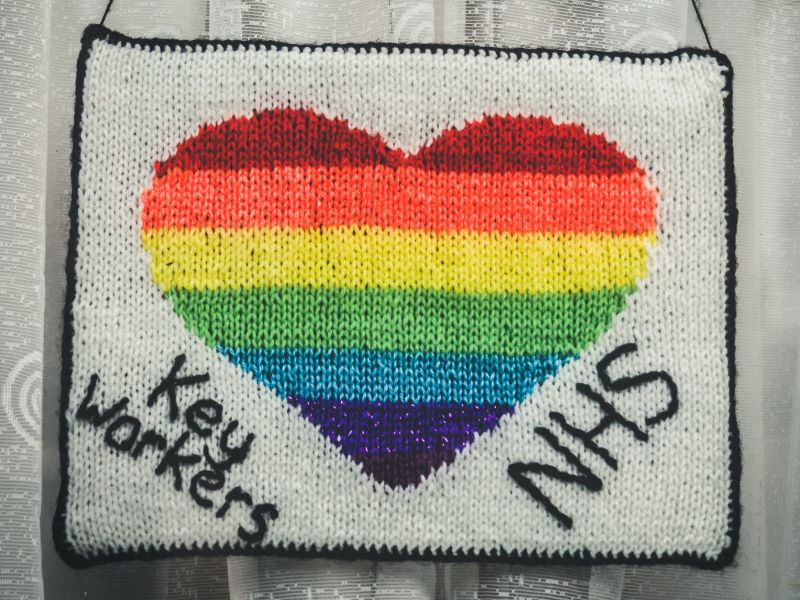
“Keyworker” means a person whose work is or was critical to the coronavirus (COVID-19) response including but not limited to those who work in health and social care or in other key sectors outlined below:
Health and social care
This includes, but is not limited to, doctors, nurses, midwives, paramedics, social workers, care workers, and other frontline health and social care staff including volunteers; the support and specialist staff required to maintain the UK’s health and social care sector; those working as part of the health and social care supply chain, including producers and distributors of medicines and medical and personal protective equipment.
Education and childcare
This includes:
- Childcare;
- support and teaching staff;
- social workers;
- specialist education professionals who must remain active during the coronavirus (COVID-19) response to deliver this approach.
Key public services
This includes:
- those essential to the running of the justice system;
- religious staff;
- charities and workers delivering key frontline services;
- those responsible for the management of the deceased;
- journalists and broadcasters who are providing public service broadcasting.
Local and national government
This only includes:
- those administrative occupations essential to the effective delivery of the coronavirus (COVID-19) response;
- or delivering essential public services, such as the payment of benefits, including in government agencies and arms length bodies.
Food and other necessary goods
This includes those involved in food:
- production;
- processing;
- distribution;
- sale and delivery;
- as well as those essential to the provision of other key goods (for example hygienic and veterinary medicines).
Public safety and national security
This includes:
- police and support staff;
- Ministry of Defence civilians;
- contractor and armed forces personnel (those critical to the delivery of key defence and national security outputs and essential to the response to the coronavirus (COVID-19) outbreak);
- fire and rescue service employees (including support staff);
- National Crime Agency staff;
- those maintaining border security, prison and probation staff and other national security roles, including those overseas.
Transport
This includes those who will keep the air, water, road and rail passenger and freight transport modes operating during the coronavirus (COVID-19) response, including those working on transport systems through which supply chains pass.
Utilities, communication and financial services
This includes:
- staff needed for essential financial services provision (including but not limited to workers in banks, building societies and financial market infrastructure);
- the oil, gas, electricity and water sectors (including sewerage);
- information technology and data infrastructure sector and primary industry supplies to continue during the coronavirus (COVID-19) response;
- key staff working in the civil nuclear, chemicals, telecommunications (including but not limited to network operations, field engineering, call centre staff, IT and data infrastructure, 999 and 111 critical services);
- postal services and delivery;
- payments providers;
- waste disposal sectors.

